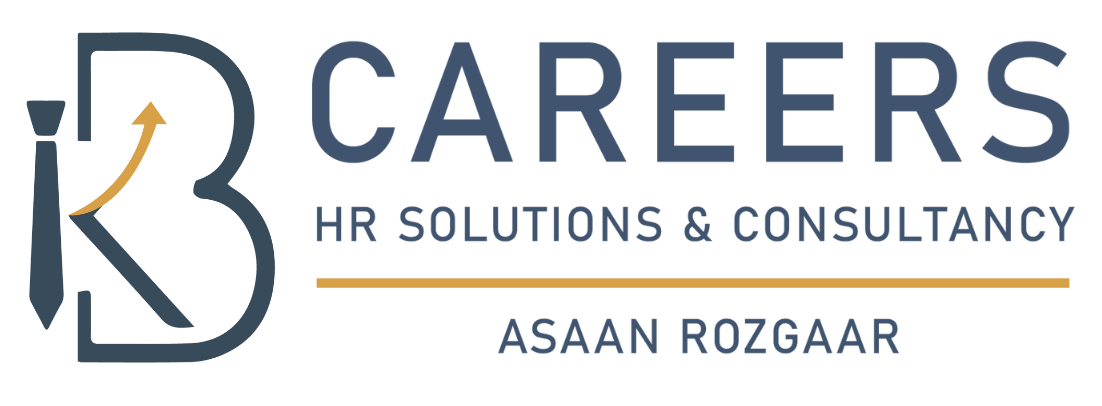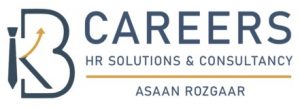The 10 Most Scariest Things About SCHD Dividend Period
Understanding SCHD Dividend Period: A Comprehensive Guide
Introduction
Purchasing dividend-paying stocks supplies an attracting avenue for creating passive income for investors. Amongst the various options on the market, the Schwab U.S. Dividend Equity ETF (SCHD) sticks out. SCHD focuses on high-quality U.S. companies with a strong history of paying dividends. In this post, we will dive deep into the SCHD dividend period— what it is, how it works, and why it might be a great addition to a diversified financial investment portfolio.
What is SCHD?
SCHD is an exchange-traded fund (ETF) handled by Charles Schwab. It mainly invests in U.S. business that have a record of regularly paying dividends. The ETF aims to track the efficiency of the Dow Jones U.S. Dividend 100 Index, which thinks about elements such as dividend yield, payout ratio, and monetary health. This makes SCHD a robust option for investors wanting to benefit from both capital gratitude and income generation.
Secret Features of SCHD:
| Features | Description |
|---|---|
| Management | Charles Schwab Investment Management |
| Expenditure Ratio | 0.06% |
| Assets Under Management | Over ₤ 23 billion |
| Annual Dividend Yield | Approximately 4.0% (as of October 2023) |
| Dividend Frequency | Quarterly |
Understanding the SCHD Dividend Period
The SCHD dividend period describes the schedule on which the fund distributes dividends to its investors. Unlike lots of stocks that might pay dividends semi-annually or each year, SCHD is understood for its quarterly dividend distribution.
Dividend Distribution Process
| Stage | Description |
|---|---|
| Declaration Date | The date on which the ETF announces the dividend amount. |
| Ex-Dividend Date | The cutoff date for investors to get approved for the dividend. |
| Record Date | The date on which investors must be on the company’s books as investors to get the dividend. |
| Payment Date | The date when the dividend is really paid. |
SCHD’s Dividend Schedule:
Typically, SCHD distributes dividends on a quarterly basis. Here’s a breakdown of the basic timeline:
| Quarter | Statement Date | Ex-Dividend Date | Record Date | Payment Date |
|---|---|---|---|---|
| Q1 | Early Feb | Mid Feb | Early Mar | Mid Mar |
| Q2 | Early May | Mid May | Early Jun | Mid Jun |
| Q3 | Early Aug | Mid Aug | Early Sep | Mid Sep |
| Q4 | Early Nov | Mid Nov | Early Dec | Mid Dec |
Why is the Dividend Period Important?
-
Income Generation: Understanding the SCHD dividend period assists financiers understand when to anticipate income. For those relying on dividends for cash flow, it’s important to plan appropriately.
-
Investment Planning: Knowing the schedule can aid investors in making tactical decisions about buying or selling shares close to the ex-dividend date.
-
Tax Implications: Dividends normally have tax ramifications. Understanding the payment schedule assists financiers get ready for any tax responsibilities.
How SCHD Compares with Other Dividends ETFs
When thinking about dividend ETFs, it’s beneficial to compare SCHD with others in the same area. Below is a comparison of SCHD with 2 other popular dividend ETFs: VIG and DVY.
| ETF | Annual Dividend Yield | Expense Ratio | Dividend Frequency |
|---|---|---|---|
| SCHD | ~ 4.0% | 0.06% | Quarterly |
| VIG (Vanguard Dividend Appreciation ETF) | ~ 2.0% | 0.06% | Annual |
| DVY (iShares Select Dividend ETF) | ~ 3.5% | 0.39% | Quarterly |
Benefits of SCHD
- High Yield: SCHD generally uses a greater yield than lots of conventional dividend ETFs.
- Low Expense Ratio: With a cost ratio of just 0.06%, SCHD is cost-effective for financiers.
- Quality Focus: The ETF concentrates on premium business with strong balance sheets and constant dividend payments.
FAQs
What is the minimum financial investment for SCHD?
There is no set minimum investment for SCHD; it can be acquired per share like any stock. The rate can change, but investors can purchase as couple of as one share.
Are dividends from SCHD reinvested automatically?
No, dividends are paid as money. However, investors can select to reinvest dividends through a Dividend Reinvestment Plan (DRIP) if provided by their brokerage.
Can SCHD be held in tax-advantaged accounts?
Yes, SCHD can be held in tax-advantaged accounts such as IRAs or 401(k)s, enabling investors to defer taxes on dividends up until withdrawal.

How does SCHD’s dividend history look?
SCHD has a solid history of increasing dividends since its beginning in 2011, making it an appealing option for income-focused investors.
Understanding the SCHD dividend period enables investors to make informed decisions about their investment strategy. With its strong concentrate on quality companies and a healthy dividend yield, SCHD supplies appealing chances for those crazy about building a passive income stream. As constantly, possible investors need to carry out further research study and consider their financial objectives before including any property to their portfolio.



